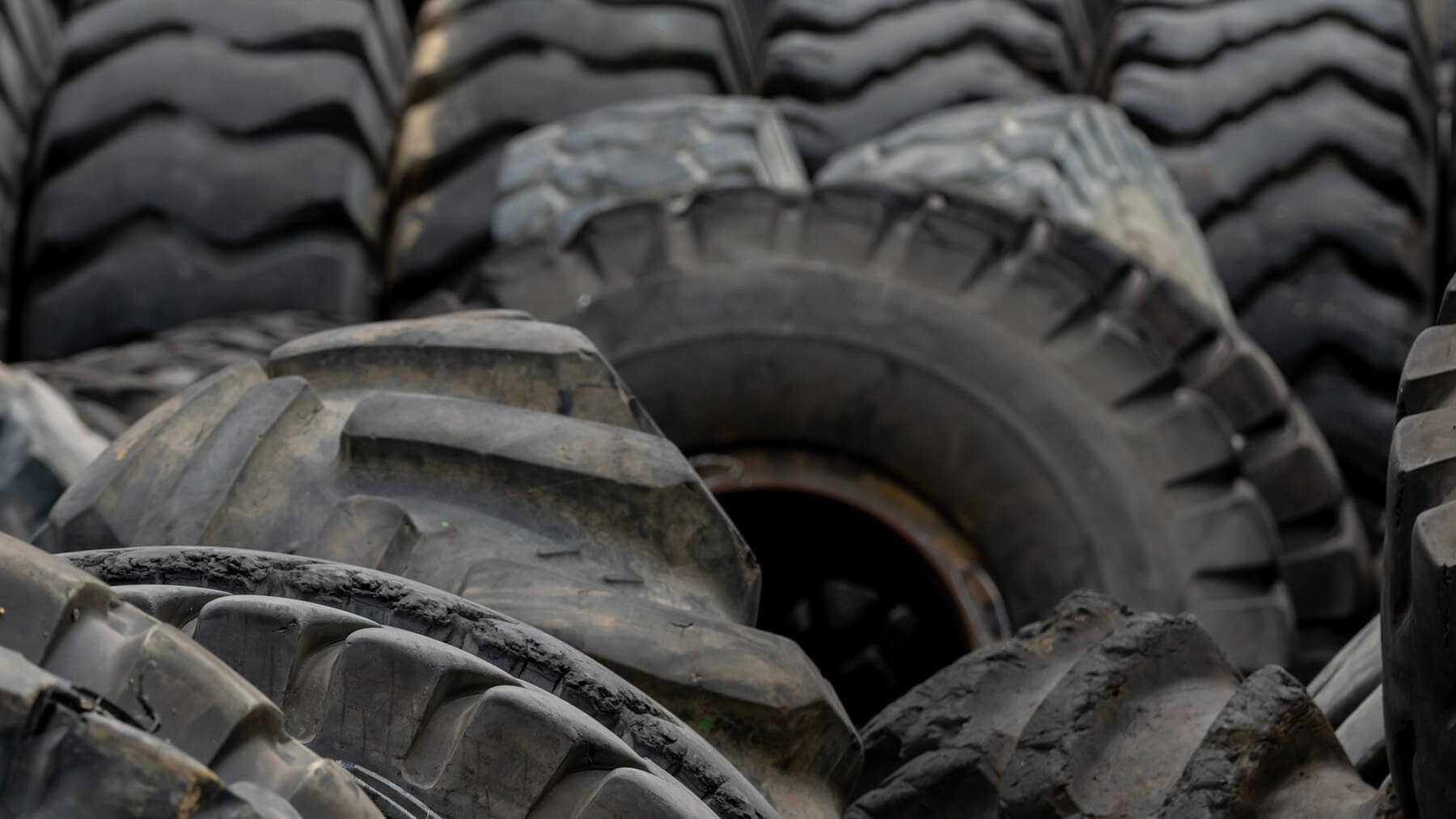In the previous edition of NextLap – the innovation program by Valorpneu, designed and managed by innovation consultancy Beta-i – the companies Farcimar, Genan, and Infraestruturas de Portugal joined forces in a pilot project that is bringing immense environmental benefits. This collaboration tackled two challenges and sparked a very positive revolution in the industry. We tell you everything in this article.
Clear Objectives for a Sustainable Future
One of the main goals of the previous NextLap edition was very clear: to reduce the carbon footprint in concrete manufacturing. During the program, a pilot project was launched, targeting two major environmental challenges right from the start: the CO₂ emissions associated with concrete, given its resource-intensive nature, and the issue of end-of-life tires (ELT), which, if not properly disposed of, can cause severe air, water, and soil pollution problems.
The good news is that NextLap was created precisely for the addressing for such challenges to be a possibility, and Beta-i’s management approach is founded on collaboration – that is, bringing together entities or players that can transform ideas and projects into sustainable, beneficial products or methods. Projects that, otherwise, might never move beyond the conceptual stage.
Innovation First
Innovation has guided the entire development of the project, serving as the key to achieving a balance between progress and environmental stewardship and enabling sustainable development. In fact, through NextLap, applications for repurposed ELT materials have already been developed, resulting in new business opportunities across various sectors. Moreover, the program considers the entire life cycle of the products and solutions created, from manufacturing to commercialization.
In the near future, those passing the acoustic barrier installed along the railway stretch between Évora and Évora Norte, in Portugal, will have no idea they are benefitting from a revolution. That 123-meter-long and 3-meter-high barrier contains about 28 tons of rubber aggregate that, previously, would have been processed through more traditional waste management methods by Valorpneu. Each square meter of this barrier contains material equivalent to ten end-of-life car tires. Given that 30 million tons of tires are discarded globally each year — of which only about 25% are recycled — we can grasp the importance of this result and the relevance of the NextLap program.
A Simple, Yet Powerful Idea
When solutions perfectly match needs, everything seems easy, but the process behind this new and revolutionary concrete was logical yet very labor-intensive. By bringing together Farcimar, Genan, and Infraestruturas de Portugal through NextLap, Valorpneu and Beta-i created a truly productive collaboration that, as demonstrated above, revolutionized the industry.
The concrete – now manufactured in a way that minimizes the environmental impact of end-of-life tires – originated from a simultaneously simple and powerful idea: to replace natural materials such as gravel and sand with rubber granules in its composition.
In practice, Farcimar infused prefabricated concrete with rubber granules to replace natural resources, paving the way for a more sustainable, competitive, and high-performance acoustic barrier. One of the greatest achievements of this innovative approach is effectively transforming the environmental burden of tire waste into valuable assets, whose market acceptance is already assured.
The Benefits of a Revolution
Companies in the sector and users of these barriers — like IP (Infraestruturas de Portugal), with whom Farcimar is piloting this solution – benefit from performance improvements. Not only is the barrier’s core function enhanced — blocking sound and minimizing noise pollution – but its durability and robustness are also improved, as incorporating rubber granules significantly reduces the concrete’s carbon footprint, minimizing greenhouse gas emissions from traditional manufacturing processes and conserving natural resources.
For Genan, the world’s largest tire recycling company, the collaboration with Farcimar opened new opportunities by tapping into market demand for sustainable and effective construction solutions. This pilot project alone consumed about two tons of Genan’s rubber granulate.
As a final note – or lesson for future innovation initiatives – the collaboration among these players serves as the perfect example of how innovation and, of course, the right partners can truly revolutionize an industry.
This article was originally published in Jornal Económico, and written in partnership with ValorPneu.

